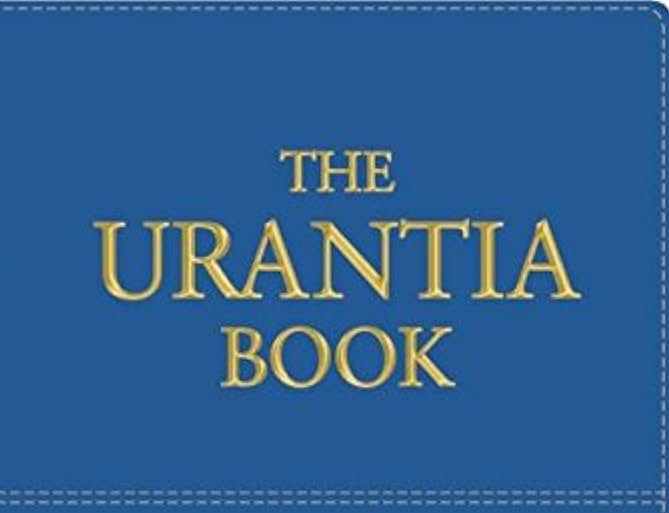For a summary of the reading of 120:0-1, see Study Notes on BT 120:0-1
1. What is the purpose of Michael’s seven bestowals, and how do they relate to his sovereignty in Nebadon?
2. Why was the seventh bestowal, as a mortal human, considered the culmination of Michael’s mission?
3. What role did Gabriel and Immanuel play in preparing for Michael’s bestowal on Urantia?
4. How did Michael’s submission to the will of the Universal Father manifest in his seventh bestowal?
5. What does Michael’s voluntary humility in taking on mortal form reveal about his character as a Creator Son?
6. How does Michael’s bestowal reflect the balance between divine authority and experiential understanding?
7. What unique challenges did Michael face during his Urantia mission compared to his previous six bestowals?
8. What was the significance of the Ancients of Days decreeing the safety of Nebadon during Michael’s absence?
9. How did Michael’s personal revelation of the Universal Father impact the beings of Nebadon?
10. What lessons can intelligent beings in Nebadon learn from Michael’s complete reliance on the Universal Father during his bestowal?
11. How does Michael’s journey demonstrate the qualities of selfless leadership?
12. In what ways does Michael’s earned sovereignty differ from inherent sovereignty, and why is this distinction important?
13. How does the Urantia bestowal unify divine and human perspectives in Michael’s governance of Nebadon?
14. What role does experiential knowledge play in divine leadership according to the narrative of Michael’s bestowals?
15. How does Michael’s example encourage faith and trust in divine guidance for his creations?
